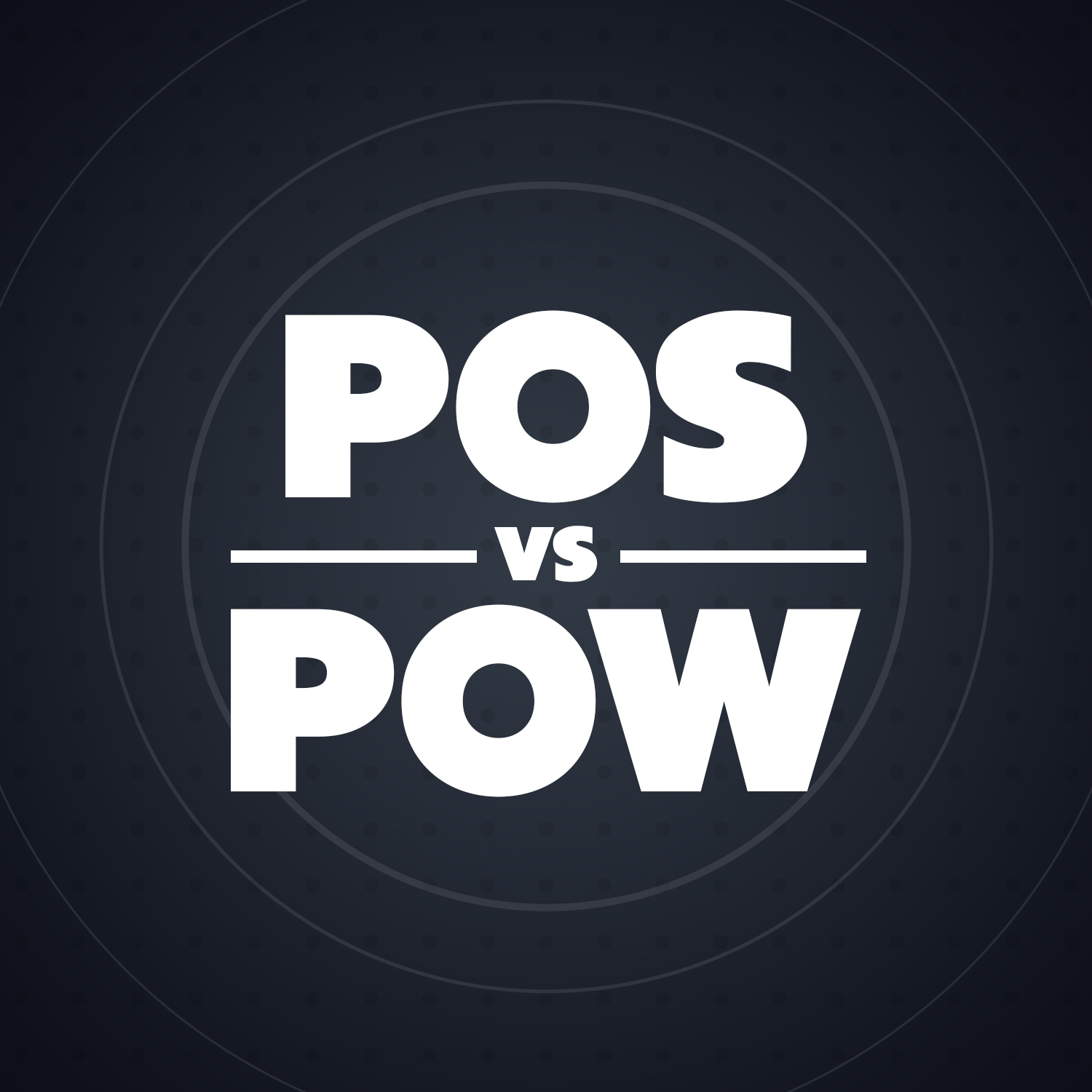In the crypto space, consensus mechanisms play an important role in validating transactions and maintaining network security. A consensus mechanism is a method by which participants in a blockchain network agree on the current state of the distributed ledger, ensuring the validity of transactions and the integrity of the system.
In a decentralized system, where no central authority is responsible for validating transactions, consensus mechanisms help prevent fraud and preserve the integrity of the blockchain. These mechanisms set clear rules for adding new blocks and confirming the authenticity of information.
Two of the most widely known and used consensus mechanisms are Proof of Work (PoW) and Proof of Stake (PoS).
Proof of Work (PoW)
Proof of Work is the consensus mechanism introduced with the launch of Bitcoin in 2009. In PoW, miners compete to solve complex mathematical problems using significant computational power. The first miner to solve the problem earns the right to add a new block to the blockchain and is rewarded with cryptocurrency. This process secures the network and prevents fraudulent activity, as compromising the blockchain would require an immense amount of resources.
Advantages of PoW
- High security: Due to the large computational power required to validate transactions, PoW offers a high level of security, making it difficult for bad actors to manipulate the network.
- Decentralization: PoW networks tend to be more decentralized, as anyone with the necessary equipment can participate in mining.
Disadvantages of PoW
- High energy consumption: Mining in PoW requires a significant amount of electricity, which has led to criticism regarding its environmental impact.
- Limited scalability: The time needed to add a new block (e.g., around 10 minutes for Bitcoin) restricts the number of transactions that can be processed per second, limiting network scalability.
Expensive equipment: Efficient mining requires specialized and costly hardware, which can lead to the centralization of mining activities among those who can afford such investments.
Proof of Stake (PoS)
Proof of Stake was introduced as an alternative to PoW, aiming to address some of its limitations. In a PoS system, validators are selected to create new blocks and validate transactions based on the amount of cryptocurrency they own and stake in the network. The more coins a participant holds and stakes, the higher their chances of being chosen as a validator.
Advantages of PoS
- Energy efficiency: PoS significantly reduces energy consumption compared to PoW, as it doesn’t require solving complex mathematical problems.
- Improved scalability: The validation process in PoS can be faster, allowing more transactions per second and better overall scalability.
- Accessibility: Participants don’t need expensive equipment to become validators; simply holding and staking the respective cryptocurrency is enough.
Areas for Improvement in PoS
- Avoiding centralization: Since participants with more coins have a higher chance of being selected, there’s a risk of a small number of entities holding too much influence. However, mechanisms like stake delegation and power caps can help balance validator distribution.
- Enhancing security: While PoS is considered secure, new methods are being implemented to prevent attacks and ensure security on par with PoW. Tools like slashing penalize malicious behavior.
Preventing “nothing at stake” attacks: To avoid scenarios where validators might support multiple blockchain branches simultaneously, safety measures such as penalties for dishonest behavior and incentives for honest validation are put in place.
Reasons for Transitioning from PoW to PoS
A notable example of the transition from PoW to PoS is Ethereum, which adopted PoS in 2022. The main reasons behind this change include:
- Lower energy consumption: The shift to PoS allowed Ethereum to significantly reduce its energy footprint, addressing environmental concerns.
- Improved scalability: PoS provides a better foundation for implementing scaling solutions, enabling the network to handle more transactions per second.
- Broader participation: By removing the need for specialized equipment, PoS allows more users to contribute to network security and operation.
Our Approach at 01NODE
At 01NODE, we are dedicated to providing secure and efficient staking solutions, helping clients maximize their rewards through the Proof of Stake (PoS) mechanism. With our reliable and scalable infrastructure, we validate transactions across multiple blockchain networks, offering users the ability to delegate their assets safely—without needing advanced technical knowledge.
We focus on transparency, security, and performance, implementing cutting-edge technologies like SSV (Secret Shared Validators) to safeguard funds and ensure continuous operations. Our clients gain access to a diverse portfolio of networks—including Ethereum, Cosmos, and Solana—and can monitor staking yields in real time.
With a slash-free history and a firm commitment to excellence, we offer a safe and profitable staking experience for all users.

